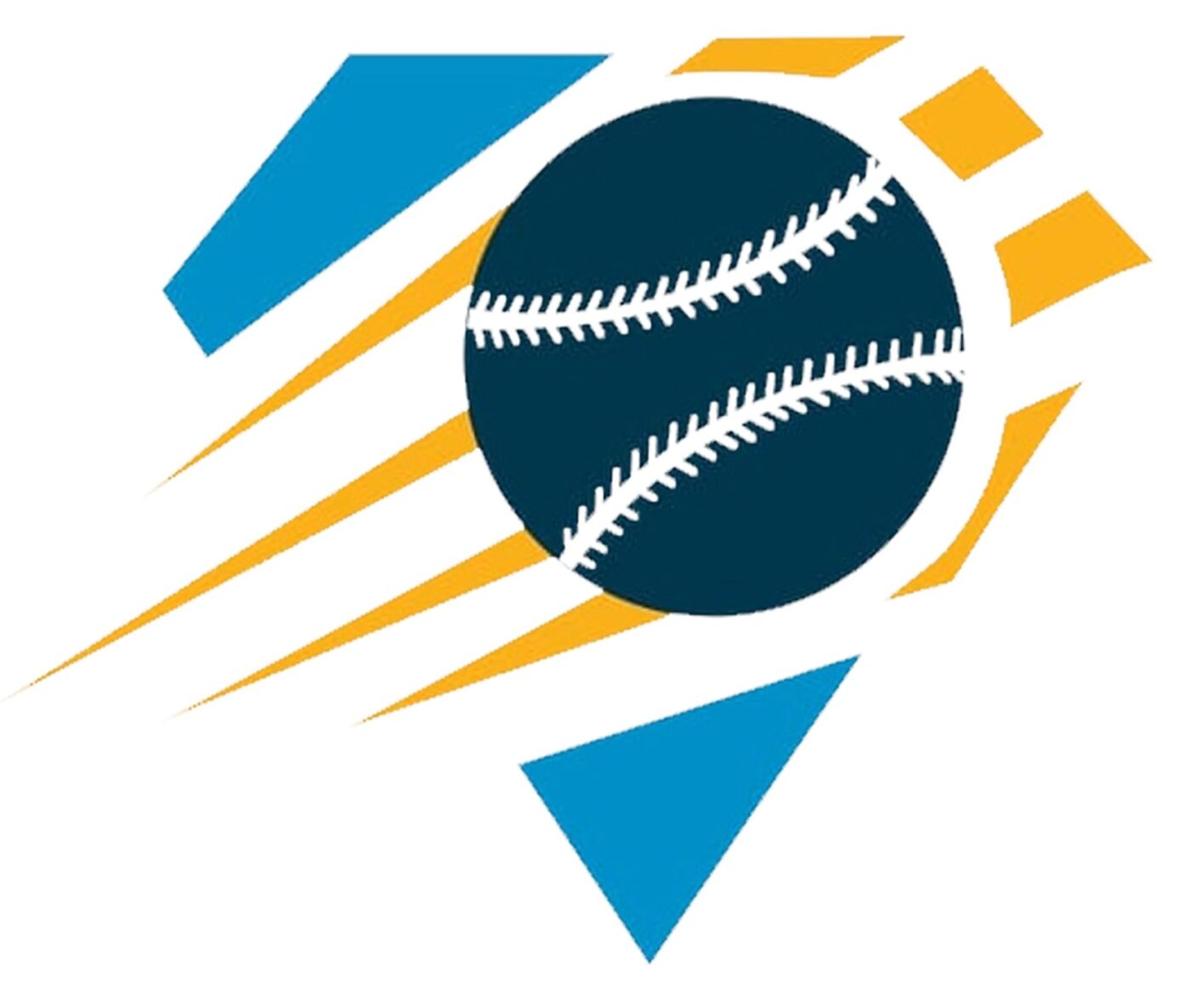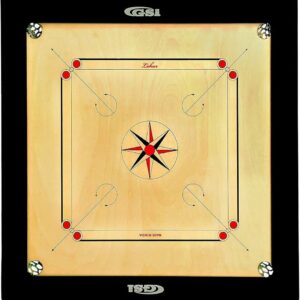The Science of Chance: Understanding Probability in 21’s Games
When it comes to games like Blackjack, also known as Twenty-One, many players believe that their fate is sealed by chance alone. While luck certainly plays a role, there’s actually a significant amount of science and probability at play. In this article, we’ll delve into the world of chance and explore how understanding probability can give you an edge in your 21’s games.
The Basics of Probability
Probability is simply a measure of the likelihood that something will happen. It’s 21casino-uk.com usually expressed as a number between 0 and 1, where:
- A value of 0 means the event has zero chance of occurring
- A value of 1 means the event is certain to occur
For example, if you roll a fair six-sided die, there are six equally likely outcomes: 1, 2, 3, 4, 5, and 6. The probability of rolling a specific number, such as 4, would be 1/6 or approximately 0.17.
The House Edge
When playing casino games like Blackjack, you’re competing against the house. The house edge is the built-in advantage that casinos have over players due to various rules and payout structures. In Blackjack, the house edge can range from around 0.5% to as high as 8%, depending on the specific game variant and rules.
One way to think about it is this: if you were to play a million hands of Blackjack, the casino would expect to win around $1 million more than they pay out in winnings. The house edge may seem small, but over time, it adds up quickly.
Understanding Basic Strategy
To beat the house edge and increase your chances of winning, you need to understand basic strategy. This is a set of rules that dictate how you should play your hand based on your cards and the dealer’s upcard. Basic strategy takes into account the probability of winning or losing with each possible combination of cards.
By following basic strategy, you can reduce the house edge to around 0.5% in most cases. This may not seem like a lot, but over time, it makes a significant difference. To give you an idea, if you were to play one million hands of Blackjack using basic strategy, you’d expect to lose around $500 instead of the $1 million expected without this knowledge.
Card Counting and Advanced Strategy
While basic strategy is a great starting point, there are more advanced techniques that can further improve your chances of winning. One such technique is card counting, which involves tracking the number of high and low cards that have been played to gain an idea of the remaining deck.
Card counting can be complex and requires significant practice and attention to detail. However, it’s not just about keeping a running count; you also need to understand how to adjust your bets and playing strategy based on the count.
Probability in Specific 21’s Games
While Blackjack is often considered one of the most strategic casino games, other variants like Baccarat and Three Card Poker have their own unique probability dynamics. Here are a few examples:
- Baccarat : In Baccarat, there are three possible outcomes: Player, Banker, or Tie. The probability of each outcome is approximately 48.7% for Player and Banker, and 2.7% for Tie.
- Three Card Poker : In this game, you’re dealt three cards and must decide whether to play or fold based on your hand’s value. The probability of getting a certain hand combination can be calculated using combinatorics.
The Role of Psychology in Probability
While probability is a cold, hard science, psychology plays a significant role in how we perceive chance and make decisions under uncertainty. Cognitive biases like confirmation bias and loss aversion can lead us to misinterpret probability and make suboptimal choices.
For example, if you’re on a losing streak, you may become more risk-averse and hesitant to bet, even when the house edge is still low. Conversely, if you’re on a winning streak, you may become overconfident and take unnecessary risks.
Conclusion
Understanding probability in 21’s games like Blackjack requires a combination of knowledge about basic strategy, card counting, and advanced techniques like combinatorics. While luck will always play some role, knowing the science behind chance can give you an edge in your gameplay.
Whether you’re a seasoned pro or just starting out, developing a solid understanding of probability will help you make more informed decisions at the table. So next time you sit down to play Blackjack, remember: it’s not just about luck – it’s about science.
Additional Resources
For those looking to dive deeper into the world of probability and 21’s games, here are some additional resources:
- Books : "Beat the Dealer" by Ed Thorp and "Million Dollar Blackjack" by Ralph Stricker
- Online Forums : Websites like Blackjack Forum and Two Plus Two offer a wealth of information on strategy and probability
- Software Tools : Programs like Blackjack Analyzer can help you simulate games, track your progress, and improve your skills




